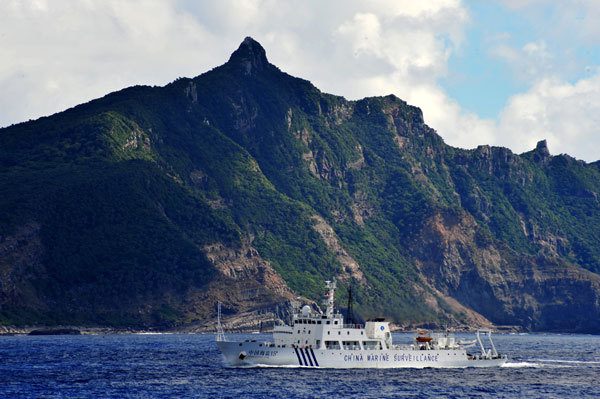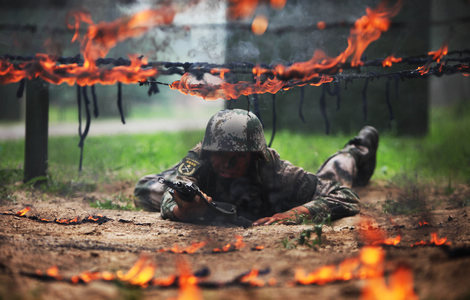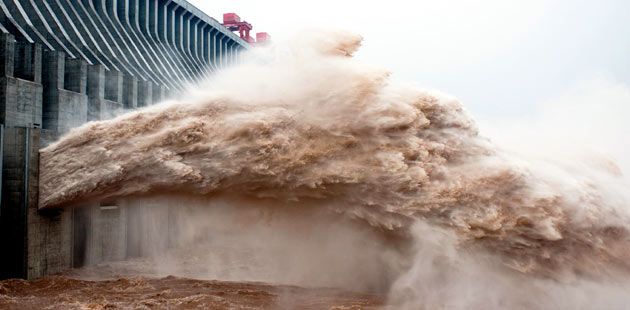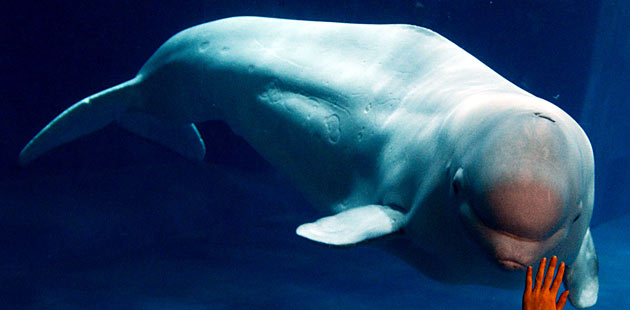Vessels patrol Diaoyu Islands
Updated: 2012-09-15 01:40
By Cai Hong and Zhang Yunbi (China Daily)
|
||||||||
Move displays jurisdiction as tensions keep growing over sea dispute
 |
|
China Marine Surveillance 15, one of six patrol ships sent by China, arrives at the waters off Diaoyu Island on Friday. Zhang Jiansong / Xinhua |
Six Chinese surveillance ships patrolled the waters around China's Diaoyu Islands Friday morning, Xinhua News Agency reported, amid few signs that tensions over the territorial dispute were subsiding.
Television footage showed a Chinese Marine Surveillance officer aboard one of the ships radioing Japanese vessels to demand they leave.
"The actions of your ships violate China's sovereignty and rights," the officer was shown saying. "Any unilateral act from your side regarding the Diaoyu Islands and its affiliated islands is illegal and invalid. Please stop any infringing acts. Otherwise, your side will bear the consequences caused by your actions."
The patrols are aimed to demonstrate China's jurisdiction over the Diaoyu Islands and their affiliated waters and ensure the country's maritime interests, a government statement said. The government has vowed that more action will be taken if the Japanese government doesn't withdraw its deal to "purchase" and "nationalize" the islands.
It was the first surveillance mission by Chinese vessels in waters around the islands in the East China Sea since Beijing announced on Monday the base points and baselines of the territorial waters of the Diaoyu Islands and their affiliated islets, as well as the names and coordinates of the 17 base points.
"Announcing base points and baselines is the basis of establishing waters under national jurisdiction, on the basis of which the sea territory, exclusive economic zone and continental shelf can be established according to the provisions of the UN Convention on the Law of the Sea," Assistant Foreign Minister Le Yucheng said on Friday at a symposium.
Japanese Prime Minister Yoshihiko Noda's cabinet approved the plan to "nationalize" the Diaoyu Islands on Monday, and the next day the Japanese government signed a deal to buy three of the Diaoyu Islands from "private owners".
There is a "sinister tendency inside Japan that is taking Japan and China-Japan relations down an extremely dangerous road", Le said.
"China will in no way recognize Japan's illegal occupation of and so-called actual control over the Diaoyu Islands," Le said.
The Japanese government's "nationalization" of the Diaoyu Islands has sparked protests and countermeasures in China. The diplomatic standoff between Beijing and Tokyo has led to a series of canceled visits and exchanges.
A trip to Beijing later this month by a bipartisan group of incumbent and former Diet members was called off at the request of the Chinese host, according to Kyodo News.
China Comfort Travel Group stopped accepting reservations to Japan at its 220 affiliated travel agencies across China, according to Xinhua.
The company said the group will not resume Japan-bound tours unless the territorial issue is resolved.
China has a major holiday period from late September to the first week of October and if other agencies follow suit, Japan-bound tourism during the period could plummet.
The Japanese government's moves over the Diaoyu Islands have scuttled bilateral cultural events, further dimming prospects for any fanfare to fete the 40th anniversary of ties.
Chinese pop singer Sun Nan canceled a concert scheduled for Tokyo later this month, and Japanese singer-songwriter Shinji Tanimura will postpone a Sept 25 concert in Beijing.
Both concerts had been organized to mark the 40th anniversary of the normalization of China-Japan diplomatic ties.
Panetta visit
US Defense Secretary Leon Panetta departs this weekend on an Asian tour with stops in Japan, China and New Zealand. He has decided to stop in Japan prior to his China visit, given the escalating tensions between the two countries, according to Kyodo News.
Panetta is scheduled to meet Japanese Defense Minister Satoshi Morimoto and Foreign Minister Koichiro Gemba on Monday.
"The US government should stay neutral," said Gao Hong, deputy director of the Institute of Japanese Studies at the Chinese Academy of Social Sciences.
The US was directly involved in making the Diaoyu Islands a dispute.
In 1951, the Treaty of Peace with Japan was signed between Japan, the US and other countries, placing the Ryukyu Islands (known as Okinawa today) under the administration of the US. In 1953 the Civil Administration of the Ryukyu Islands under control of the US arbitrarily expanded its jurisdiction to include the Diaoyu Islands and its affiliated islets, which are Chinese territories. In 1971, Japan and the US signed the Okinawa Reversion Agreement, which included the Diaoyu Islands and other islets to be reverted to Japan.
China has firmly opposed and never recognized the backroom deals between Japan and the US.
Contact the writers at caihong@chinadaily.com.cn and zhangyunbi@chinadaily.com.cn










